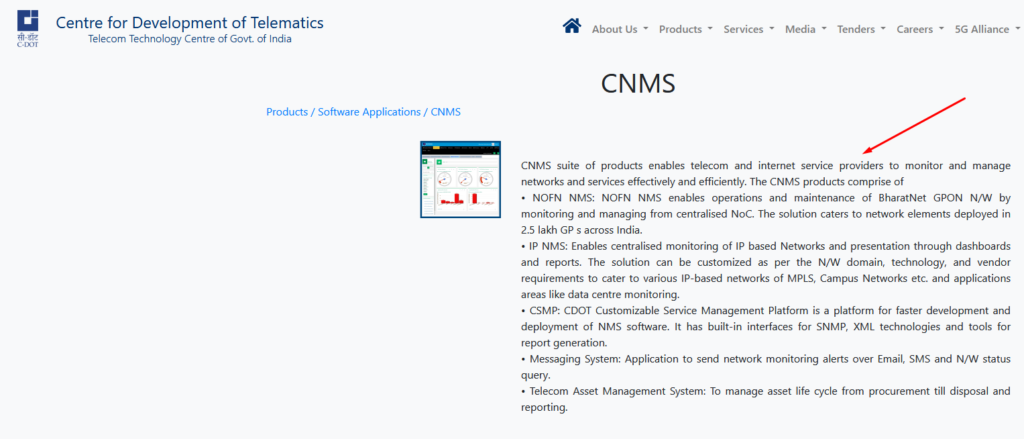India is one of the most digitally advanced countries in Asia, but that may be changing as government surveillance expands to include nearly anyone using an Indian internet service provider. Recent months have given us a taste of the authoritarian orders targeting VPN companies and leaked telecom documents suggest this attack against privacy will soon enter a new phase.
Entrackr revealed in a report last week how the Department Of Telecommunications could monitor user data coming through the Indian ISPs without any restrictions. Government agencies can gain access to users’ web traffic from anywhere, without even cooperating with the internet service provider.
It’s clear that the Indian government wants to have full access to user data and web traffic information to see everything that Indian citizens do online. While we don’t yet know how far the authorities can go with online surveillance, one thing is clear – India is becoming more like China in what concerns online monitoring.
India’s Surveillance Program
India has a surveillance program known as the Central Monitoring System. It was initially designed to monitor telephone calls and internet data, but not much about it is known by the public. Spying on the citizens’ calls and web traffic is made possible through an antiquated law from 1885, which was written to allow authorities to intercept telegraph messages.

Addison Litton, a law professor at Washington University, has already warned in a 2015 paper that India is highly capable of monitoring only activity.
“Essentially, every form of electronic communication will be under the government’s microscope. Even partially written emails saved in draft folders will be vulnerable to government intrusion.”
Not much is known about the government’s technical capabilities to monitor the population, but it’s clear that real-time surveillance is possible. Worryingly, the authorities no longer require access from the ISP to check the data. In the same paper, Litton also noted the following:
“The Department of Telecommunications mandates service providers grant the government direct access to the communications they host. In the licenses the Department issues to them, providers are contractually obligated to permit governmental access to information, regardless of whether a warrant exists… The Indian government can tap into communications at will without telling the service providers.”
The government, its spy agencies, and law enforcement agents can eavesdrop on anyone connected to the internet through an Indian ISP. And it gets even worse because earlier in 2022 India enacted a new directive that pushes against VPNs.
India’s War on VPNs
Many experienced web users in India have been connecting through virtual private networks for years. Online monitoring isn’t a new problem. So with the help of a VPN, you could hide your online traffic to prevent the internet service provider and anyone else from seeing what you’re doing. The only thing the ISP could see is that you’ve connected to a VPN server.
The Indian government is aware of this workaround and it started changing the rules for VPN service providers. VPNs with physical servers in India now have to maintain information about their users, even though many of them go through a lot of trouble to prevent data logging. They need to be able to report names, IP addresses, email addresses, web usage patterns, and much more to the Indian authorities if ordered.
Fortunately, a VPN workaround for this new law exists. You can still prevent India from monitoring your web traffic by using a reliable VPN with servers that are out of reach from India’s new legal requirements.
How to Protect Your Privacy in India
The Indian government is only supposed to use its online surveillance methods for specific purposes that have to do with national security. But the laws and legal definitions are broad and ill-defined, so you need to take some precautions. Here’s what you can do to prevent anyone from monitoring your web traffic:
-
-
-
-
- Use email providers with end-to-end encryption. Law enforcement and cybercriminals can gain access to all the emails you’ve sent or received, including the file attachments. By using anonymous email accounts you can prevent anything from leaking out from your online communications.
- Use a VPN with virtual server locations, like CyberGhost VPN. India’s new laws apply only to VPN providers that have physical servers in India. We have removed our servers from India, but you can still get an Indian IP address by connecting to one of our virtual servers.
- Use privacy-focused chat apps, preferably those that aren’t located in India.
-
-
-
India is losing more and more online freedoms. Get CyberGhost VPN to prevent third parties from eavesdropping on your traffic. Your data is your own and you’re entitled to online privacy.



Leave a comment